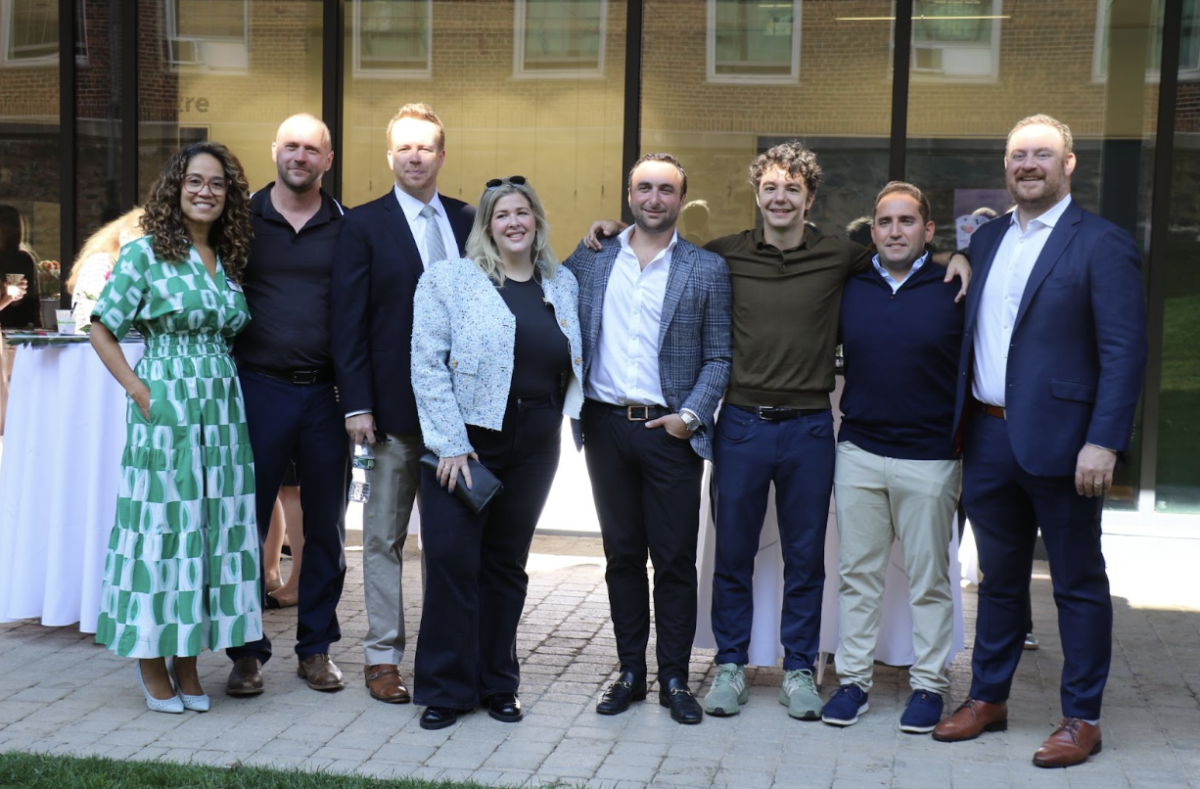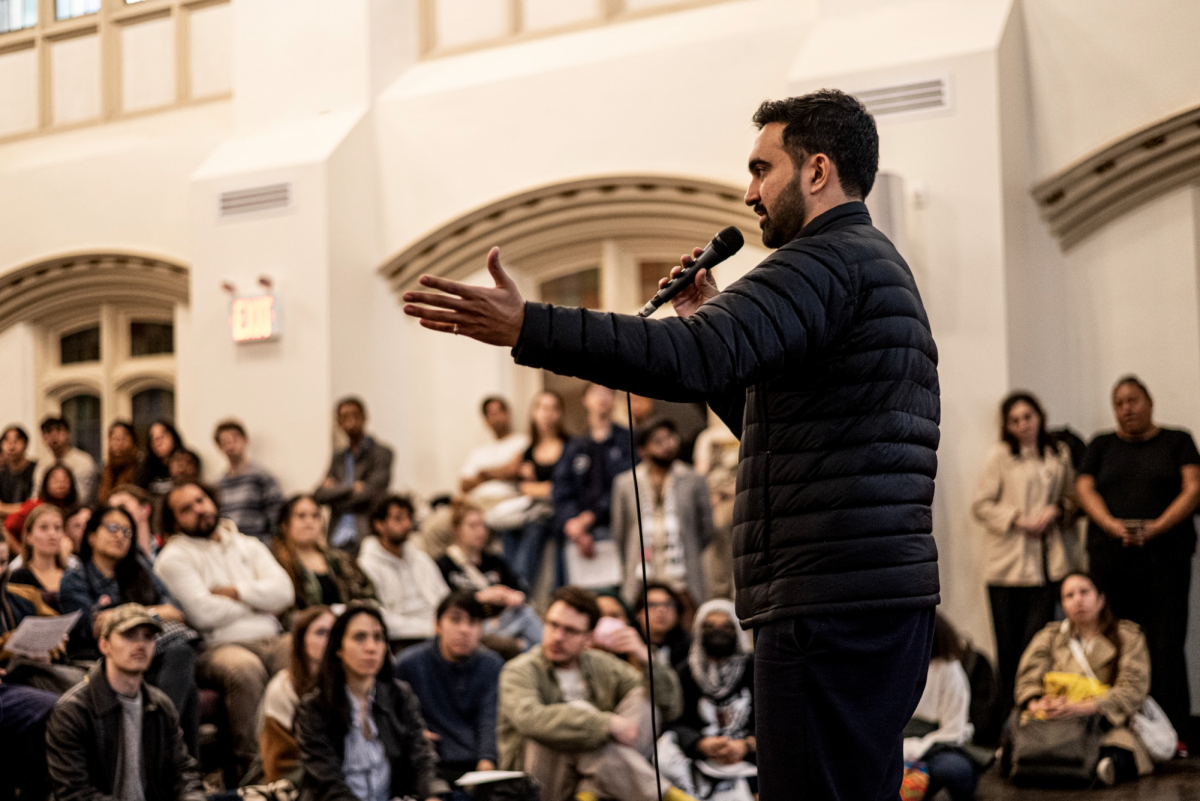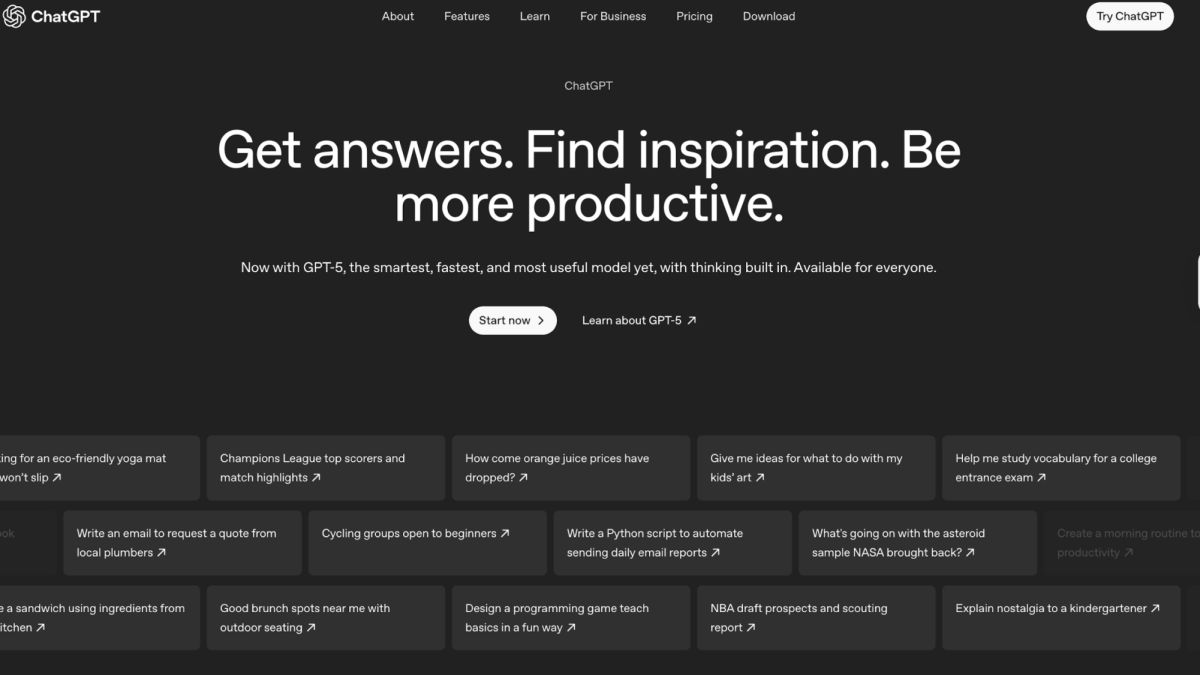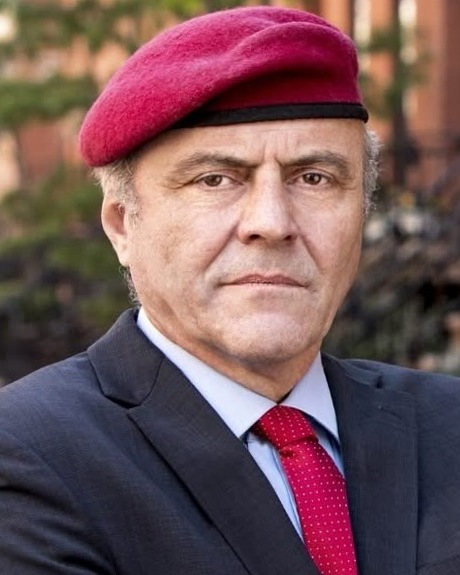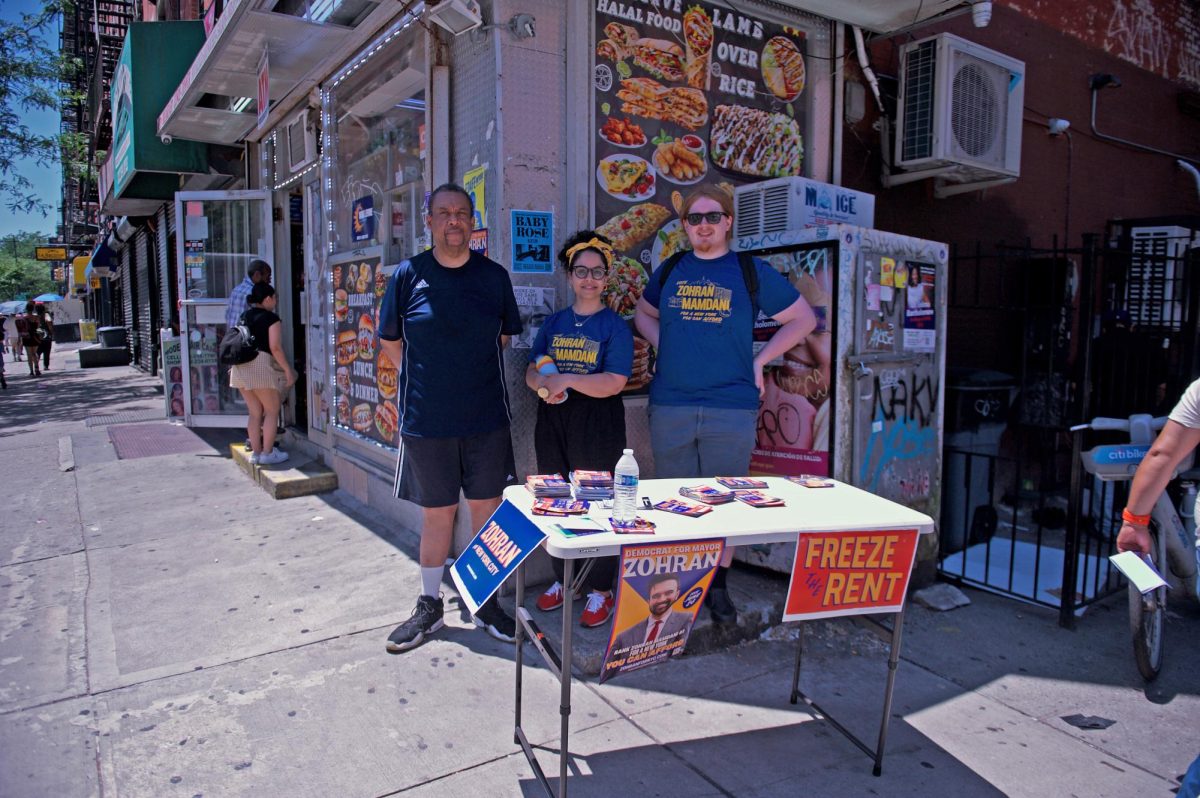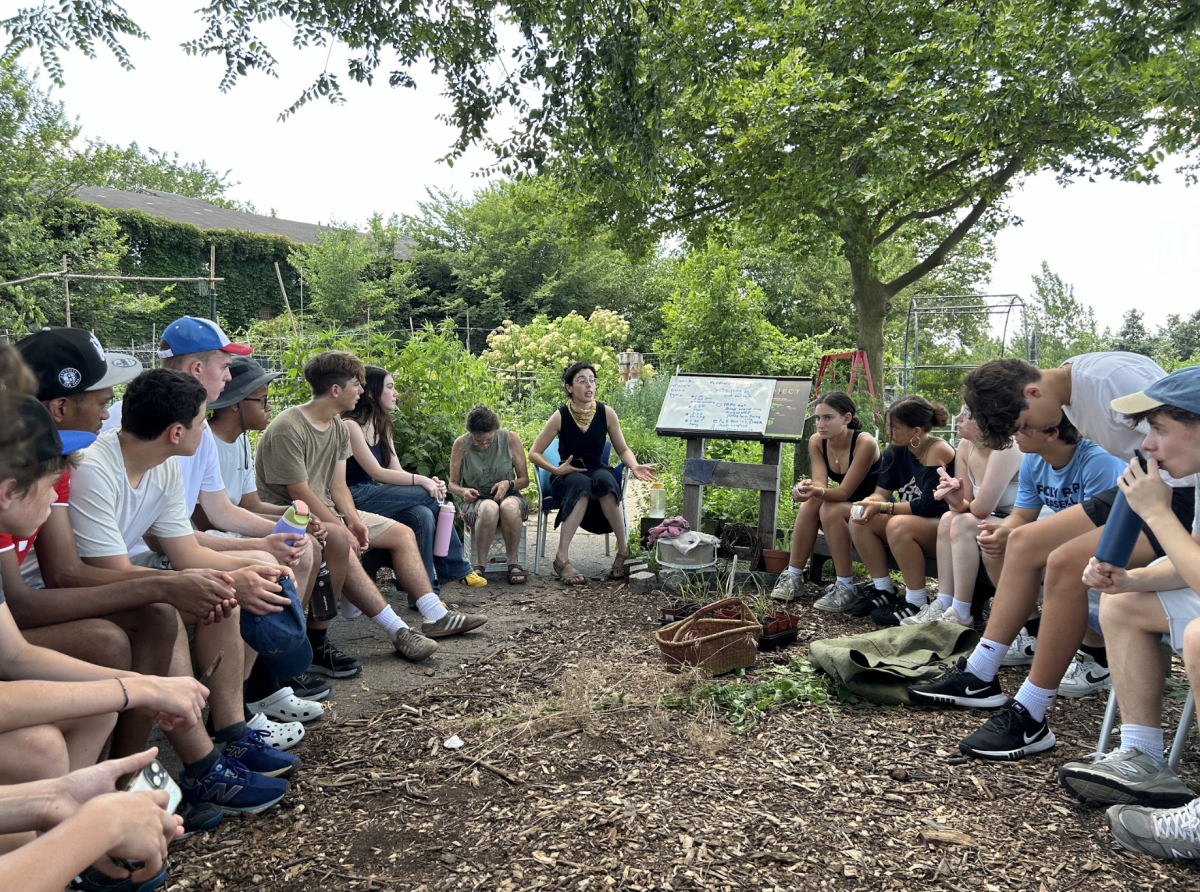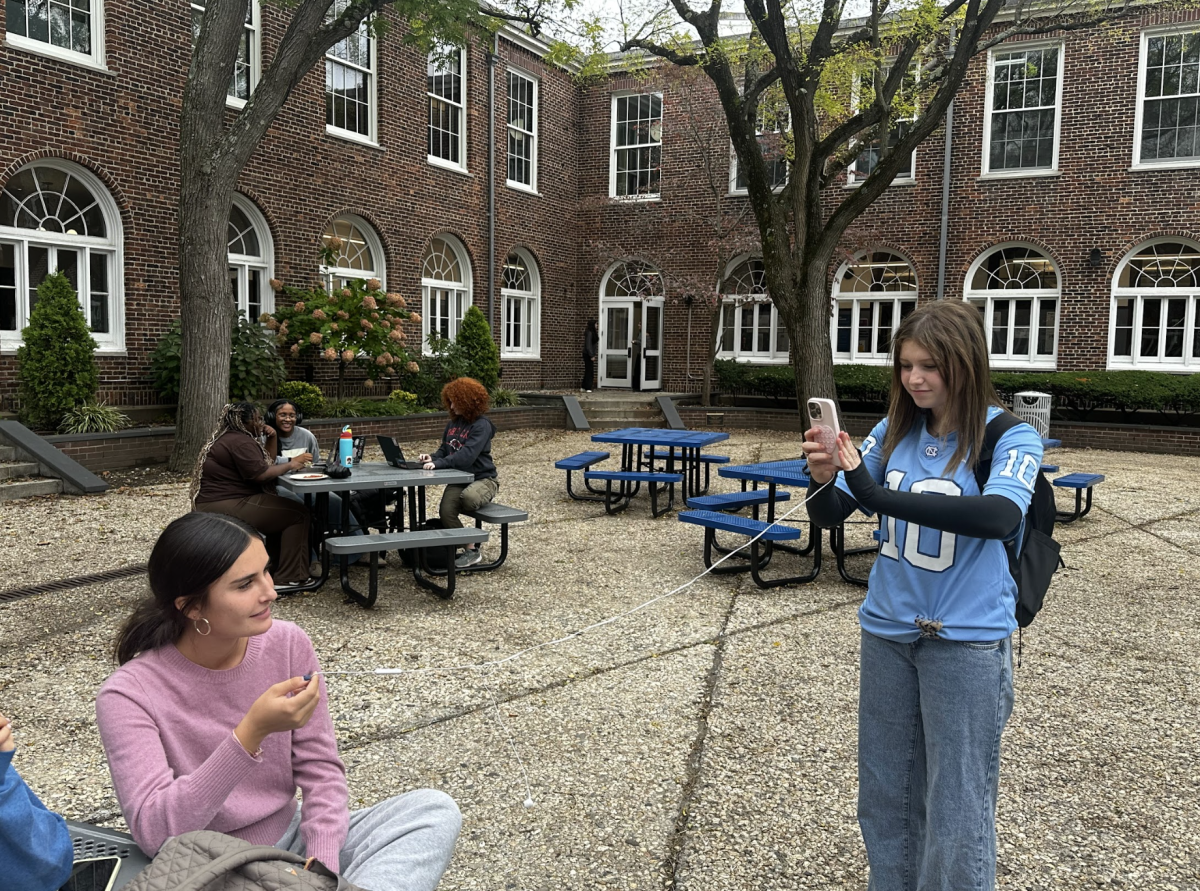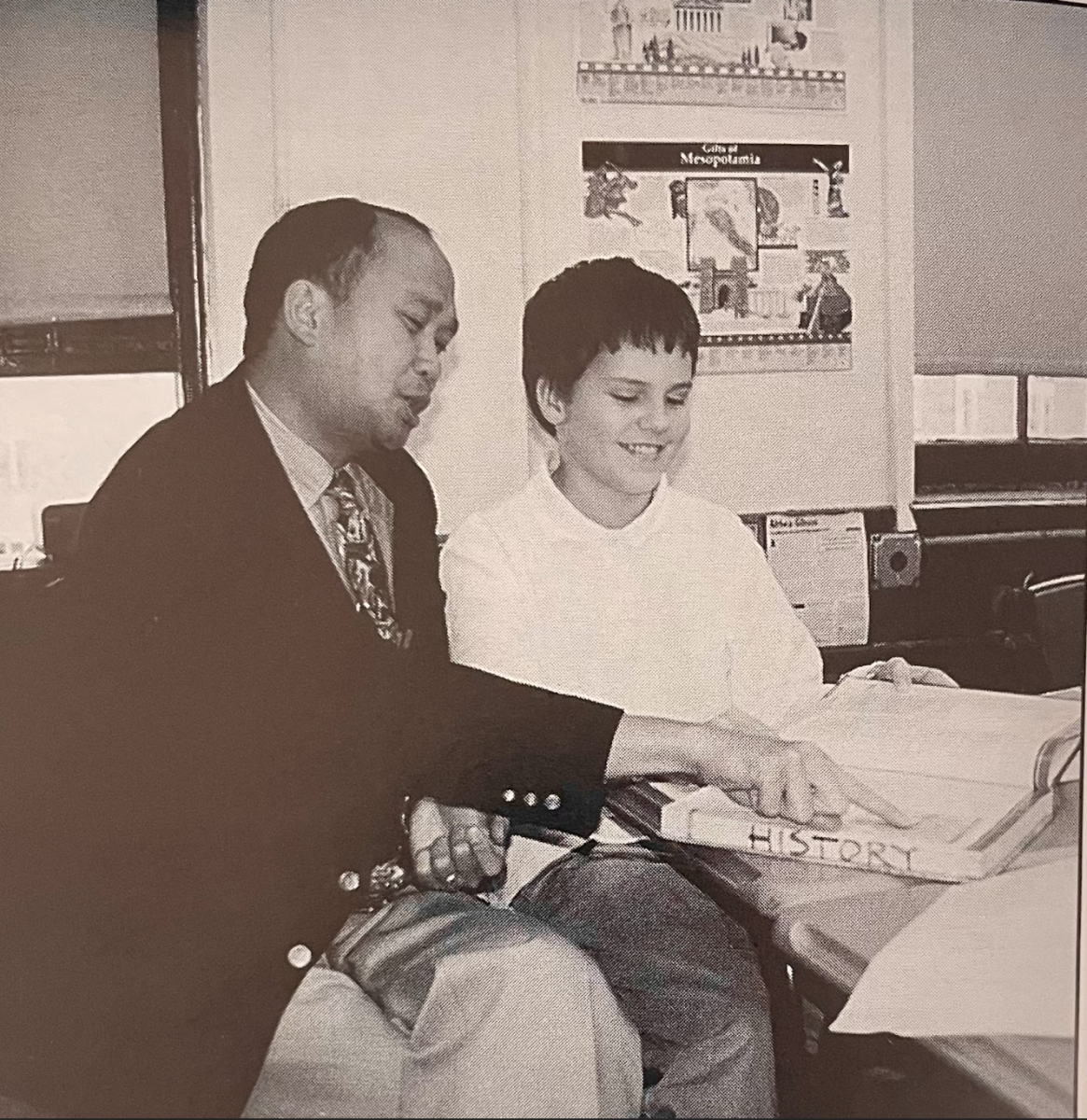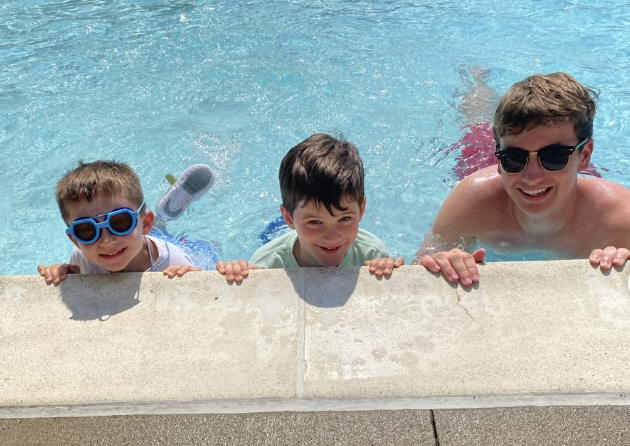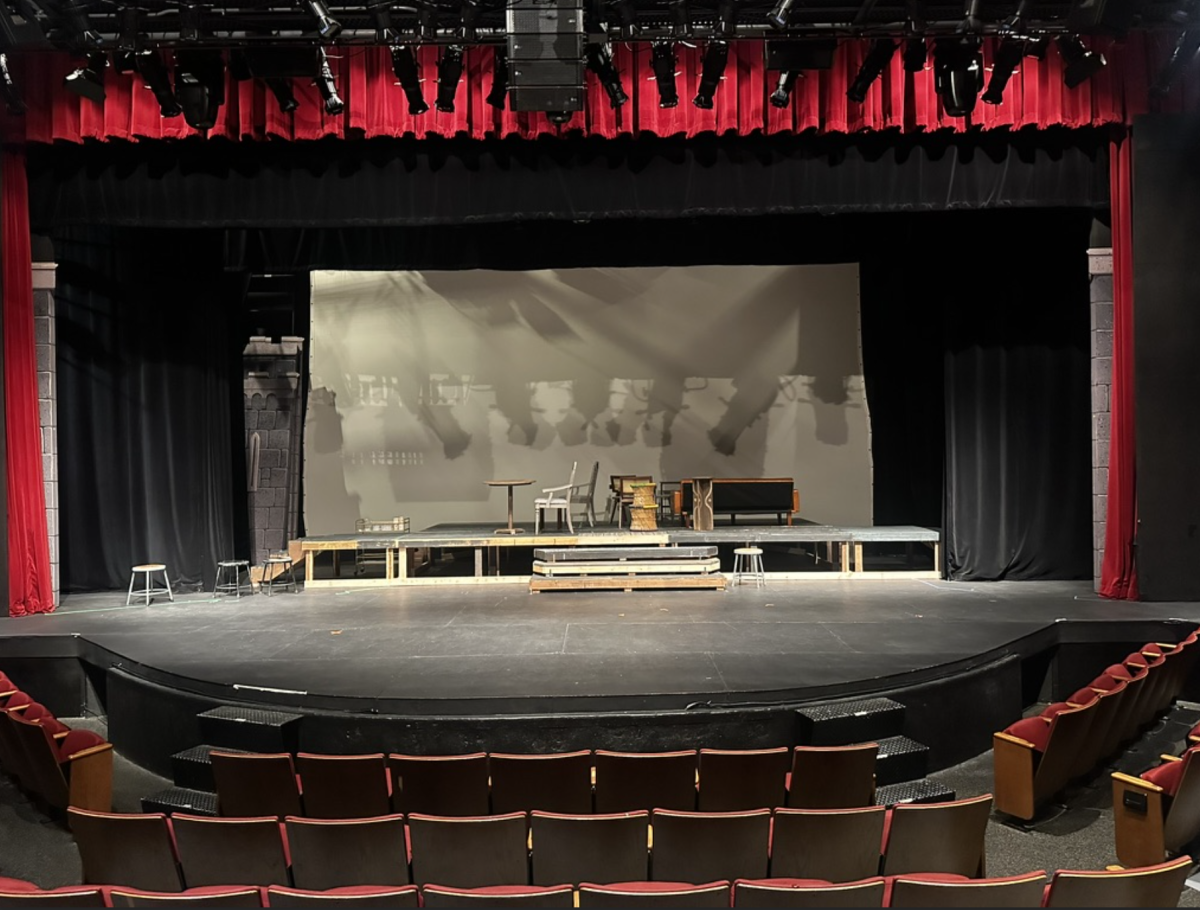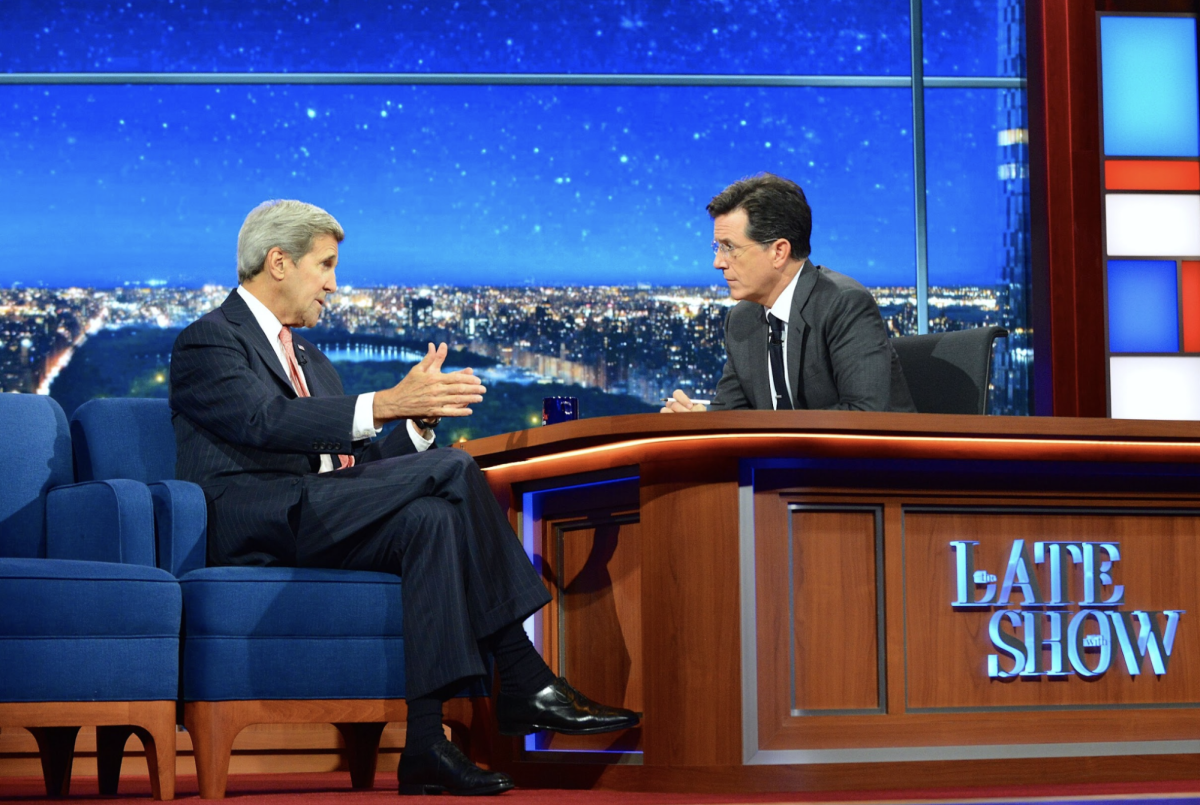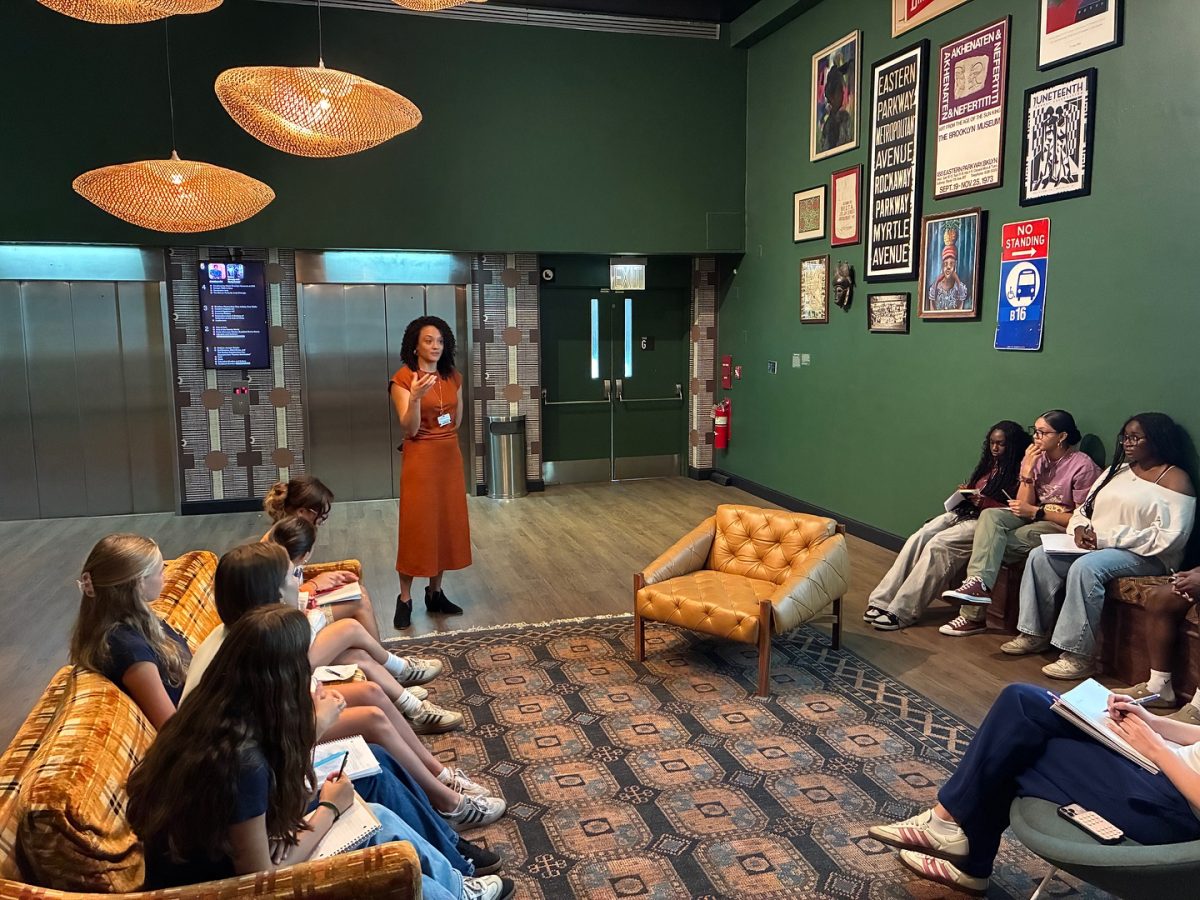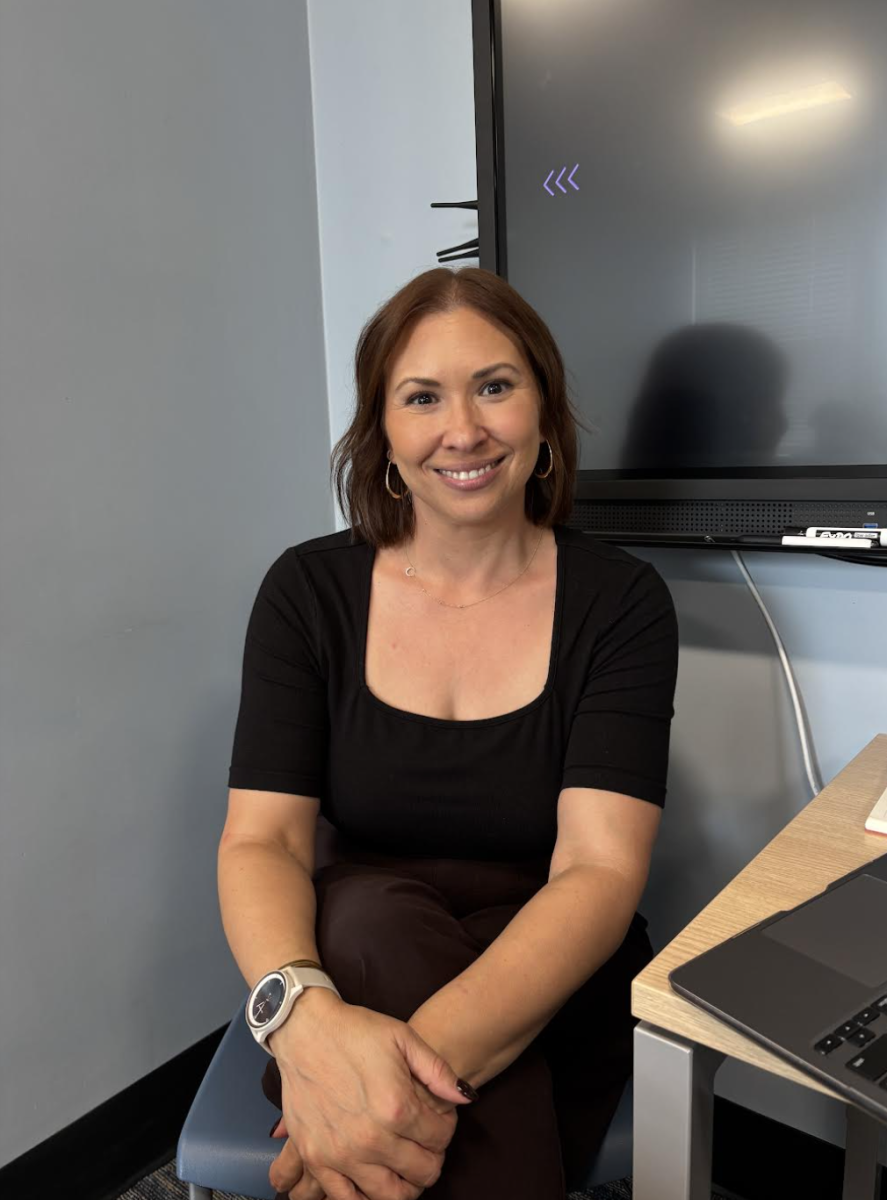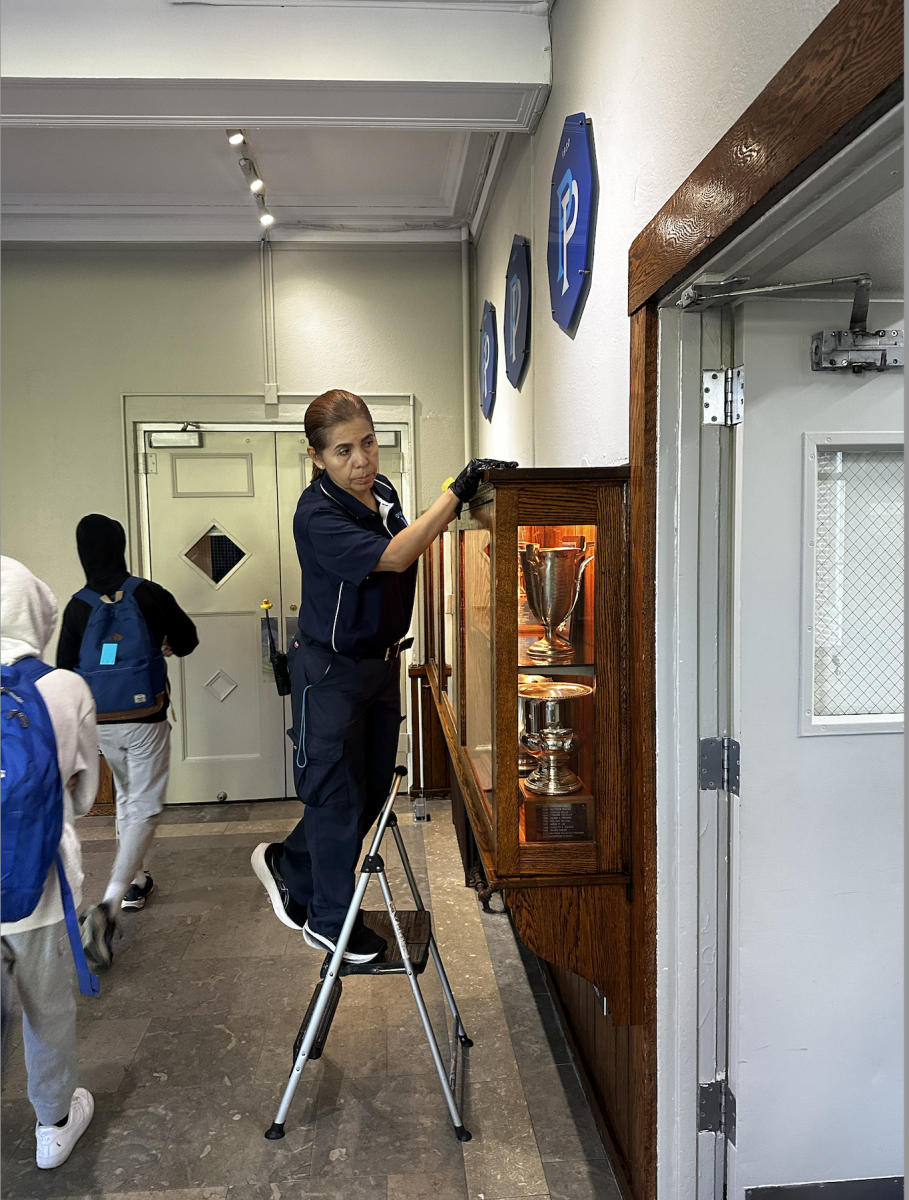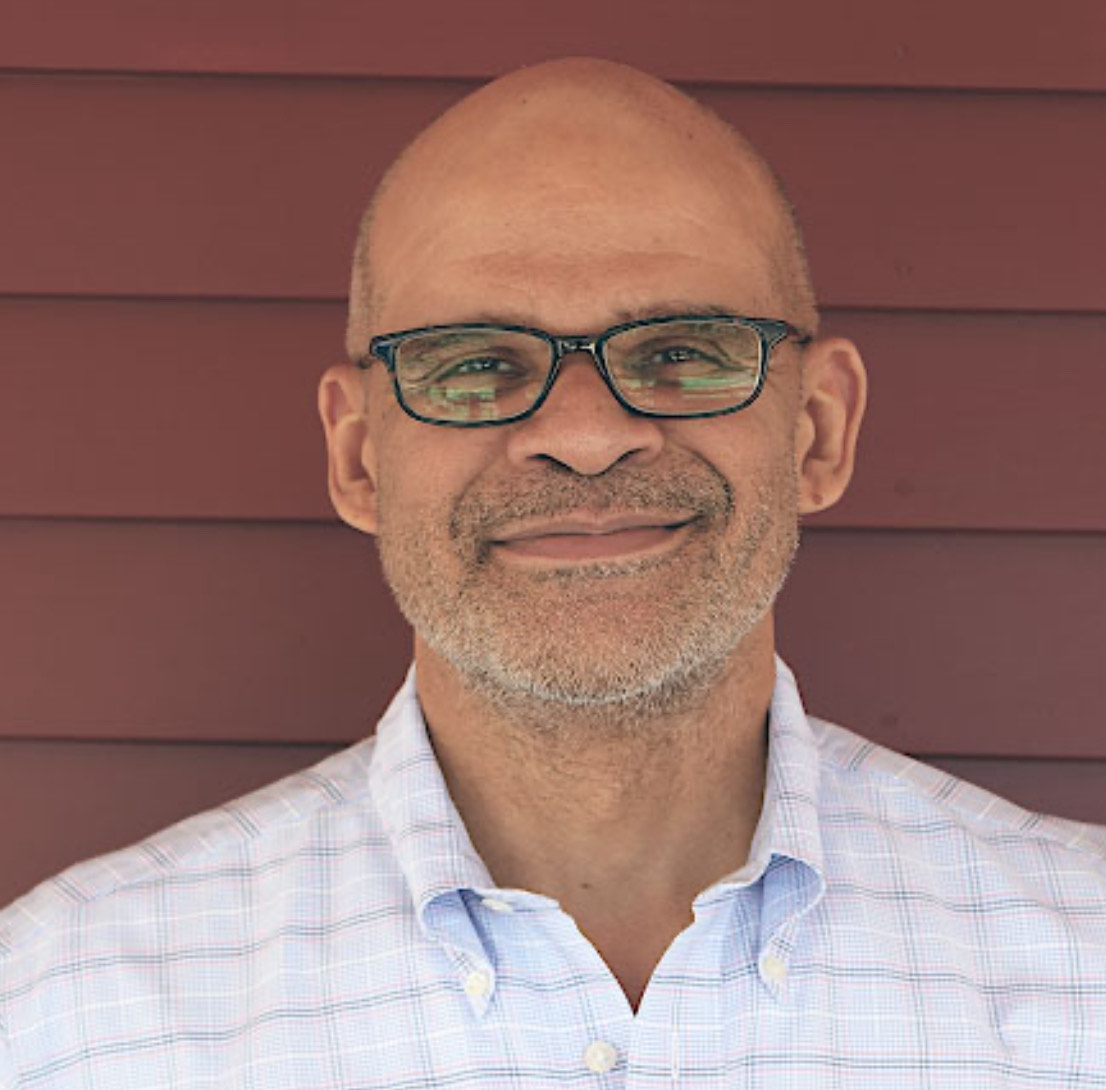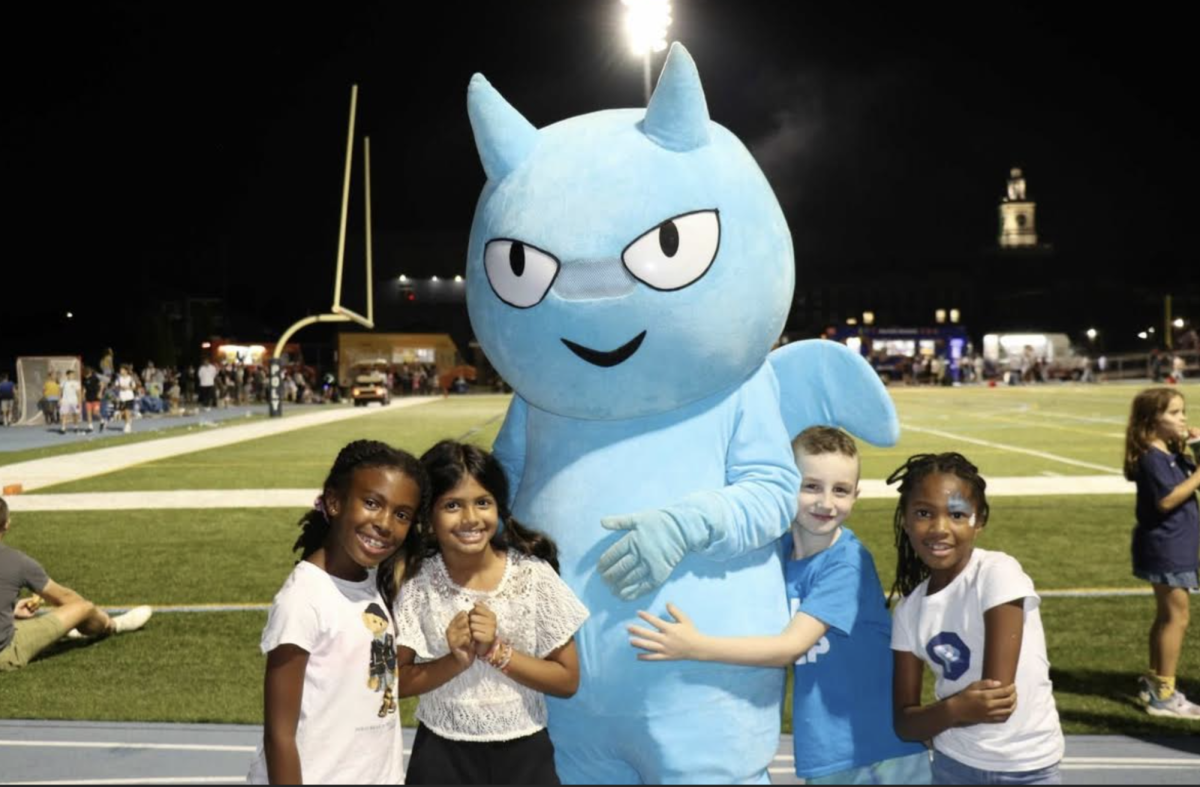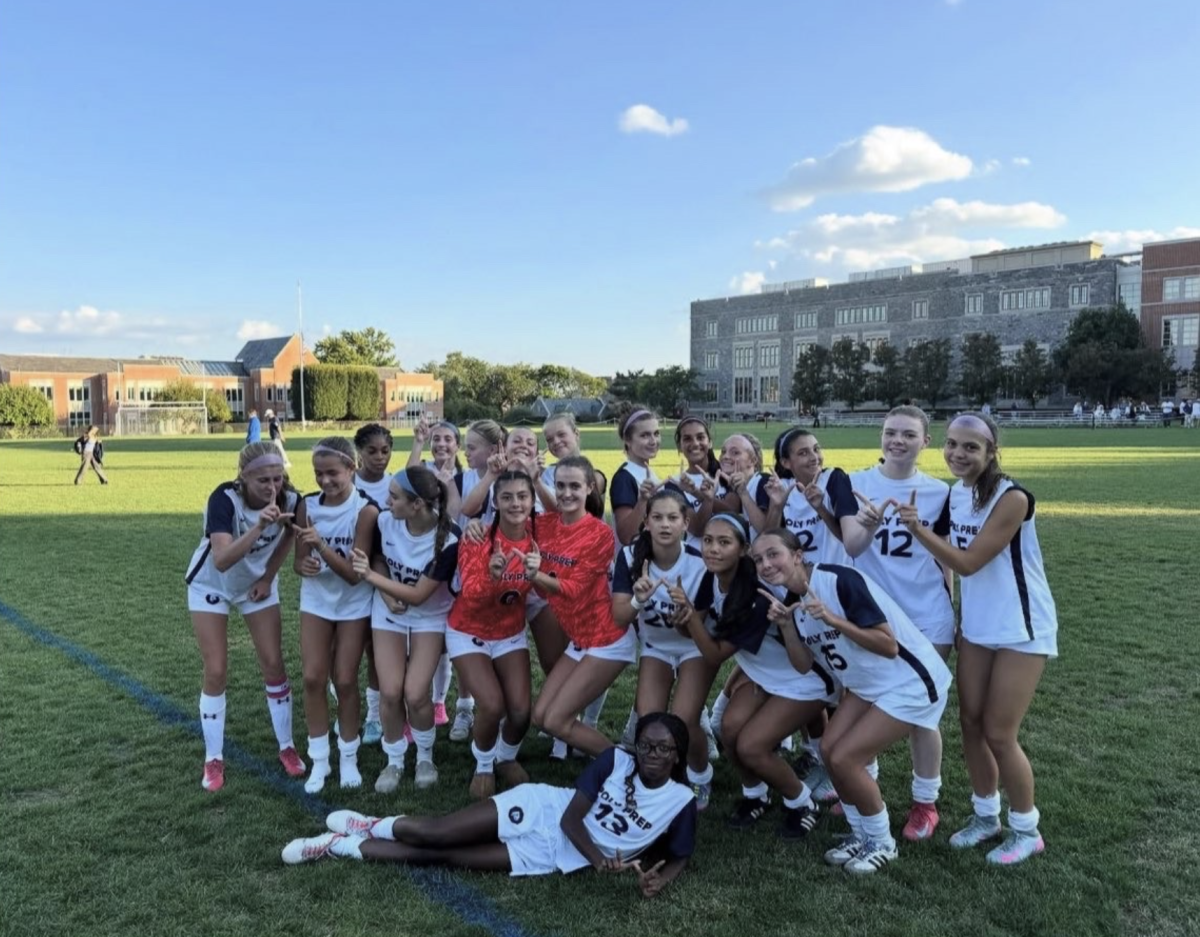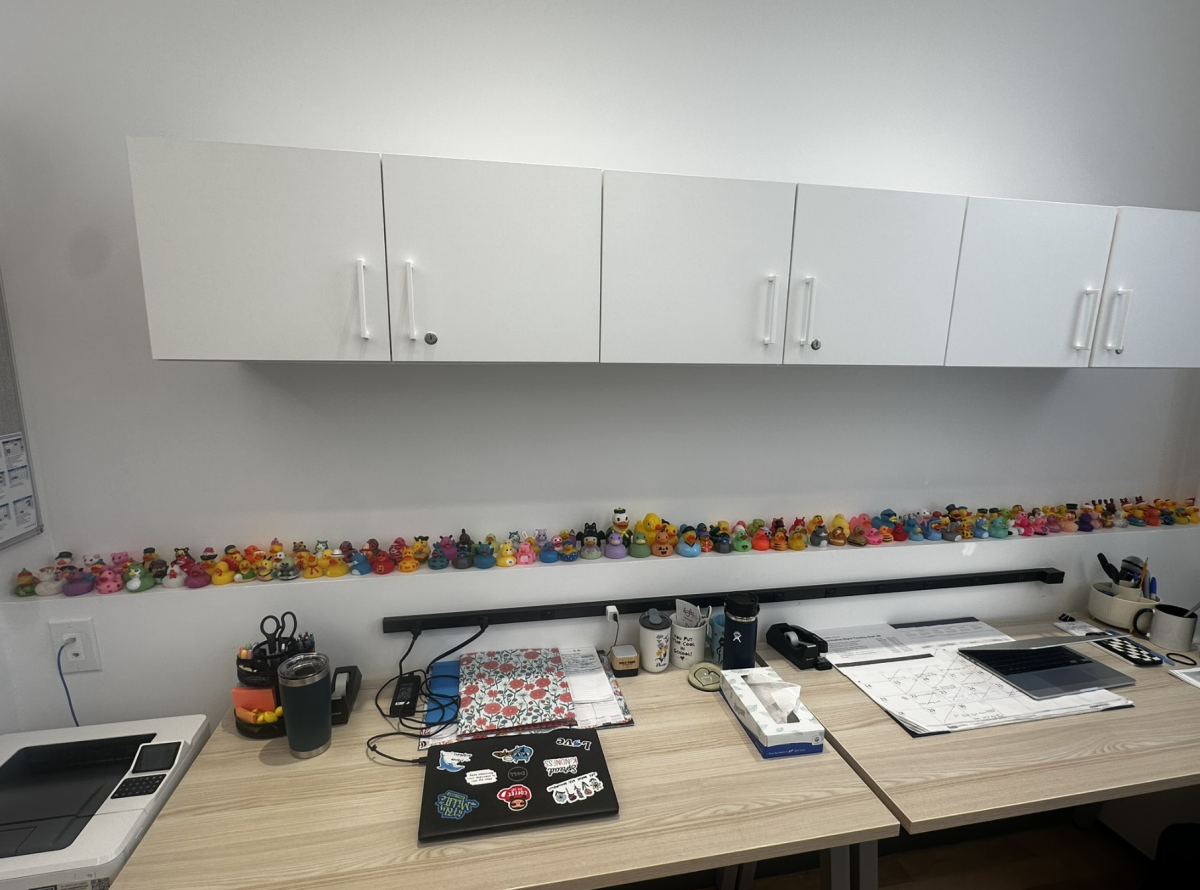Richard Fischer attended Poly as a student in 1959, when it was an all-boys institution. He recalled Chapel services held two to three times per week, and the then-standard, now nostalgic memories that accompanied those moments as a Poly community.
Today, when students get off the bus in the mornings, they usually have fifteen minutes, depending on traffic levels, to situate themselves and look over their schedules before classes begin. During this time, students probably won’t enter the Memorial Chapel (unless they are going to their 8:45 a.m. Chorus class). During Fischer’s time at Poly, all students attended a designated “Chapel” period before their first-period class. “It was essentially a short Protestant service with hymns and organ playing. Sometimes [we would hear] a sermon from the headmaster,” said Fischer.
Fischer noted that although it doesn’t fit with the non-denominational nature of chapel today, the hymns were a part of his musical education. “I certainly liked the hymn music… it helped build my interest in Bach and other composers who used hymn music in their writing.”
Chapel in the mornings isn’t the only thing that has changed since the time Fischer attended Poly. In Fischer’s time as poetry editor for the “Weakly Gasp”, a poetry column in The Polygon, students wrote articles by hand and sent them to be typed and printed out. “I was sitting in my advisor’s classroom writing with pen and paper. I certainly had a typewriter at home in those days, but I think all my work for Poly was done pen and paper.”
Not only was the process of producing content for The Polygon different, but it also looked different. In comparison with the current multitude of modern colored pictures and typed articles, 1960s editions only contained roughly five pages. “We had to fold these large sheets of newsprint. It was a very expensive-looking little newspaper.”
After dedicating time to writing poetry for The Polygon during high school, it is still an essential part of Fischer’s life. “I’ve been writing poetry all my life, really. That’s something that I guess The Polygon helped spark.”
In addition to being a part of The Polygon, Fischer was also an active member of the speech and debate team, where he competed and worked with different schools in New York. “[The] debating team was very useful in terms of people skills, because it was a lot of collaborative work, also research, organizing notes, and being able to speak with confidence,” he said. Speech and Debate is still an important part of student life at Poly, and students are often encouraged to join the program because of these many benefits, in particular. Fischer looks back fondly on his high school Latin teacher, Mr. Wilcox. “Mr. Wilcox inspired me to have a lifelong love of languages,” Fischer said. “In my retirement, I’ve been studying Homeric Greek. He often would tell us that Latin is great, but Homer is worth 15 years of study.”
Fischer devoted his time to academics while at Poly, and he described himself as being “intellectual and sedentary.” However, Poly also pushed him to try new things. “Poly had a requirement that everyone do sports after school, and also a no-cut policy. So, I got to play football for five years, and I wasn’t very good at it, but it was a great experience,” he said.
Although the football team has gotten more selective over the years and the no-cut policy has gone away, sports are still a staple in the Poly experience. As Fischer reminisced on his time during pre-season on Poly’s football field, he noted the role football continues to play in his life today. “I think I may not have kept up an interest in being physically active if I had gone to a high school that didn’t require me to be doing something physical for an hour and a half or two hours after school. I even have happy memories of preseason football practice when we got to practice all day.”
Looking back on his years as a student at Poly, Fischer encourages students to make the most of their time in high school. “Treasure your friendships. Make an effort to stay in touch with high school friends if you can. Later in life, it could be such a boon to your experience,” he mentioned. “The main things I look back on now as an old man are my friends and my time with them.”

